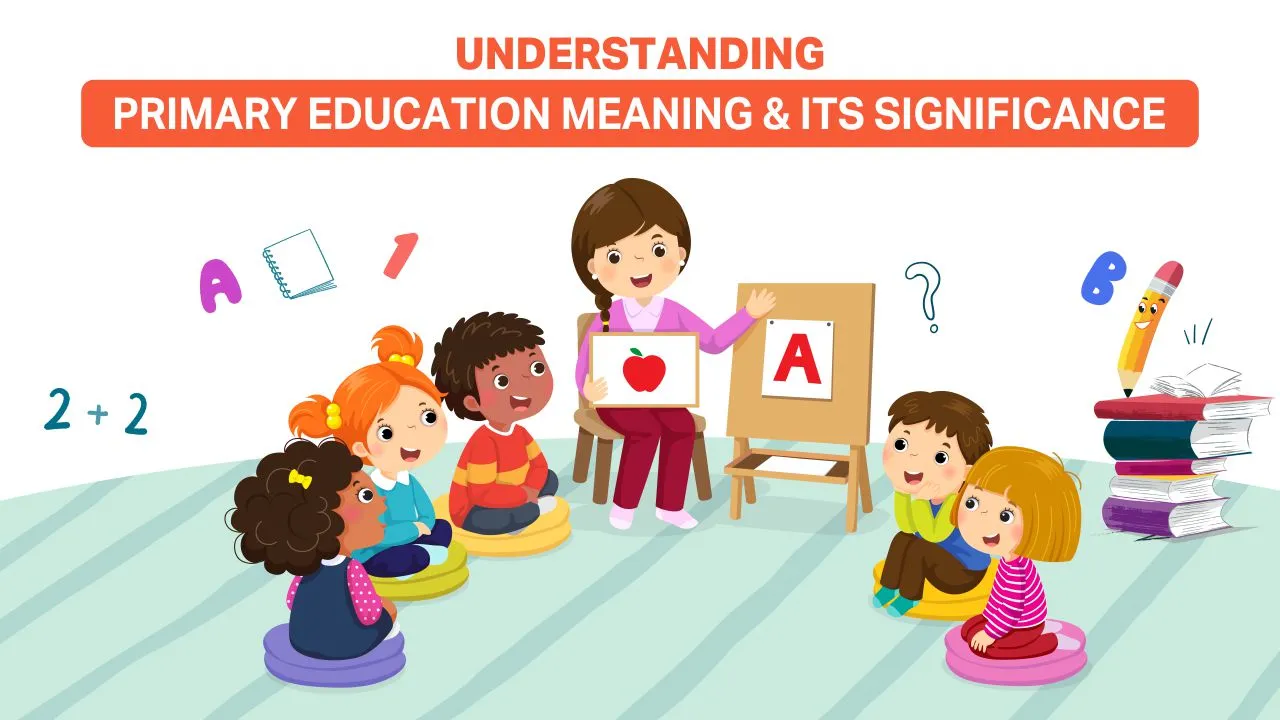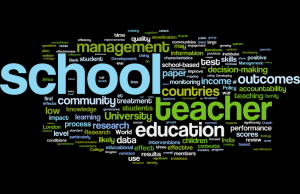Primary education, often referred to as elementary education, is the first stage of formal schooling. It typically begins around the age of five or six and lasts for six to eight years. During this crucial period, children acquire fundamental skills in reading, writing, arithmetic, and social studies.
The Importance of Primary Education
Primary education plays a pivotal role in shaping individuals and societies. It provides a solid foundation for future learning, promotes cognitive development, and instills essential life skills.
Key Benefits of Primary Education:
- Cognitive Development: Develops critical thinking, problem-solving, and creativity.
- Social and Emotional Skills: Enhances social skills, empathy, and emotional intelligence.
- Literacy and Numeracy: Builds foundational skills in reading, writing, and mathematics.
- Character Development: Cultivates values like honesty, respect, and responsibility.
- Future Opportunities: Opens doors to higher education and employment.
Challenges in Primary Education
Despite its importance, primary education faces various challenges around the world:
- Access: Ensuring that all children, regardless of their background, have access to quality education.
- Teacher Quality: Attracting and retaining skilled and motivated teachers.
- Curriculum and Pedagogy: Developing effective curricula and teaching methods that cater to diverse learners.
- Infrastructure: Providing adequate classrooms, libraries, and other facilities.
- Learning Disabilities: Identifying and supporting students with learning disabilities.
Innovative Approaches to Primary Education
To address these challenges and improve learning outcomes, educators and policymakers are exploring innovative approaches:
- Technology Integration: Using technology to enhance learning experiences, such as interactive whiteboards, educational apps, and online learning platforms.
- Project-Based Learning: Engaging students in hands-on, real-world projects to develop critical thinking and problem-solving skills.
- Play-Based Learning: Incorporating play into the curriculum to foster creativity, imagination, and social skills.
- Differentiated Instruction: Tailoring instruction to meet the individual needs of each student.
- Collaborative Learning: Encouraging students to work together to solve problems and learn from each other.
Primary education is the bedrock of a strong and educated society. By investing in quality primary education, we can empower future generations and build a brighter future for all.
Would you like to delve deeper into a specific aspect of primary education, such as early childhood education, curriculum development, or the impact of technology on learning?










+ There are no comments
Add yours